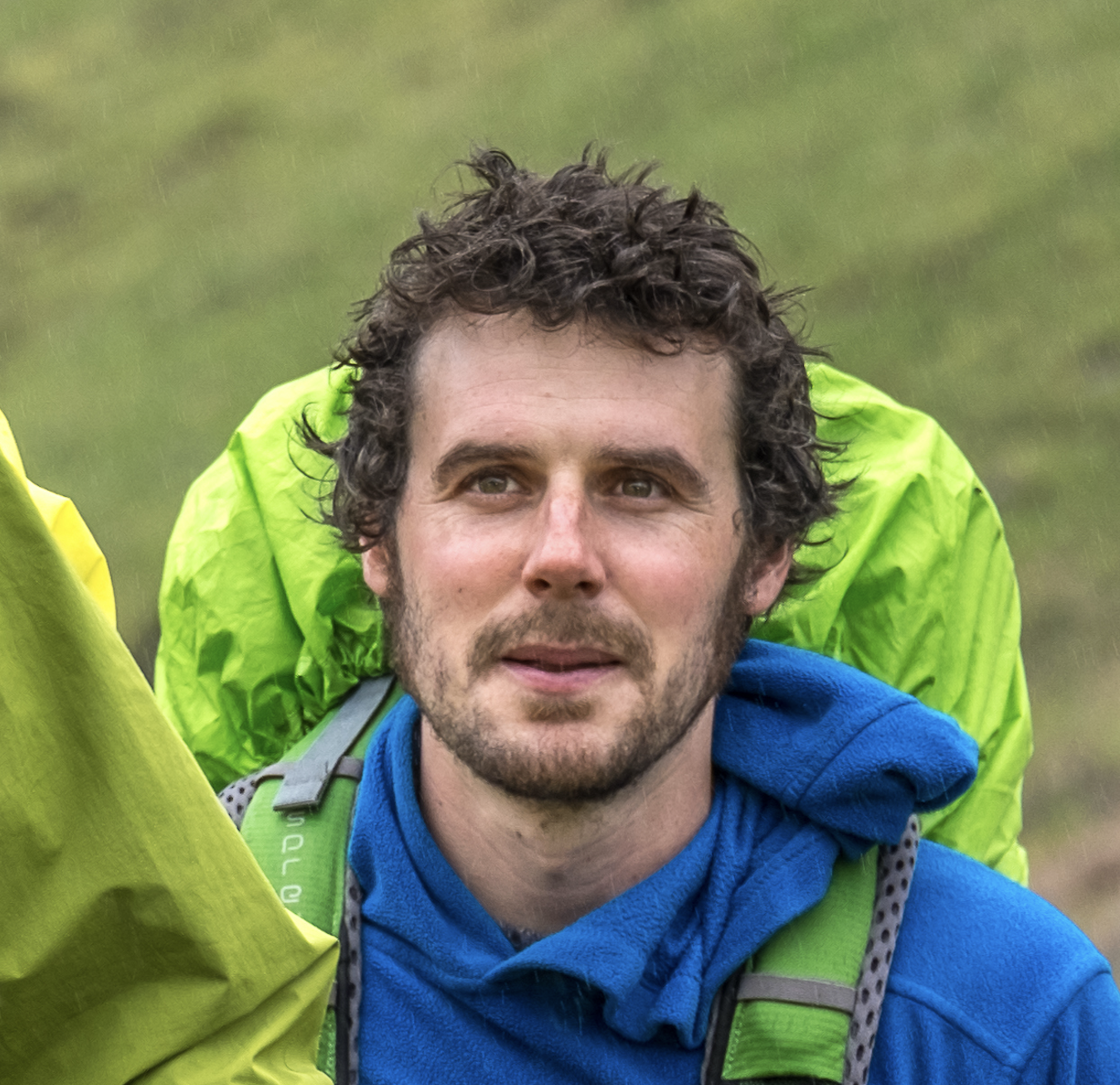The Coral Triangle spans six countries – Indonesia, Malaysia, the Philippines, the Solomon Islands, Timor-Leste and Papua New Guinea – and is home to 6,000 coral reef fish species. The region provides food and livelihoods for more than 120 million people.
Kimbe Bay, a globally significant marine ecosystem that sits within the Coral Triangle is threatened by climate change, overfishing and habitat destruction.
Now, Naomi Longa, a biologist and co-director of Sea Women of Melanesia, plans to tackle these threats by using AI to create a network of marine protected areas with local Indigenous women in Kimbe Bay.
Longa's work has been recognised by the Whitley Fund for Nature (WFN), who have presented the biologist with a 2024 Whitley Award – an honour that recognises and celebrates grassroots conservation leaders.
Sea Women of Melanesia





Longa’s team is also working closely with developers from ReefCloud at the Australian Institute of Marine Science to incorporate it into emerging reef monitoring protocols for Pacific Nations, blending cutting-edge AI technology with traditional cultural and ecological wisdom.
With funding from the Whitley Award, Longa aims to deepen collaboration with five coastal communities, combining traditional knowledge with western science to establish a network of Locally Managed Marine Areas spanning 1,268 hectares. These initiatives will advance sustainable fisheries management, habitat restoration, wildlife recovery and climate change resilience. Longa intends to involve and train ten women from five local villages, equipping them to monitor the reefs primarily through snorkelling and scuba diving.
Longa emphasises that her approach is grounded in understanding and respect for cultural norms, while also advocating for gender equality and the empowerment of women. In Papua New Guinea, many women have limited involvement in decision-making processes despite their eagerness to contribute to conservation efforts.
Created in 2021 with a team of 10 women, the Sea Women of Melanesia has rapidly expanded and today has 85 members.
Find out more about Naomi Longa and the 2024 Whitley Awards.
More marine stories:
- Watch: Astonishing ‘explosion of life’ coral spawning in Cambodia stuns scientists
- Mission manatee: how a spring clean in the Gulf of Mexico is creating an oasis for Florida's sea cows
- Underwater drones shed new light on mysterious coral habitats. Here's what they found
- 'Coral superhighway' spanning more than one million square kilometres found in Indian Ocean
